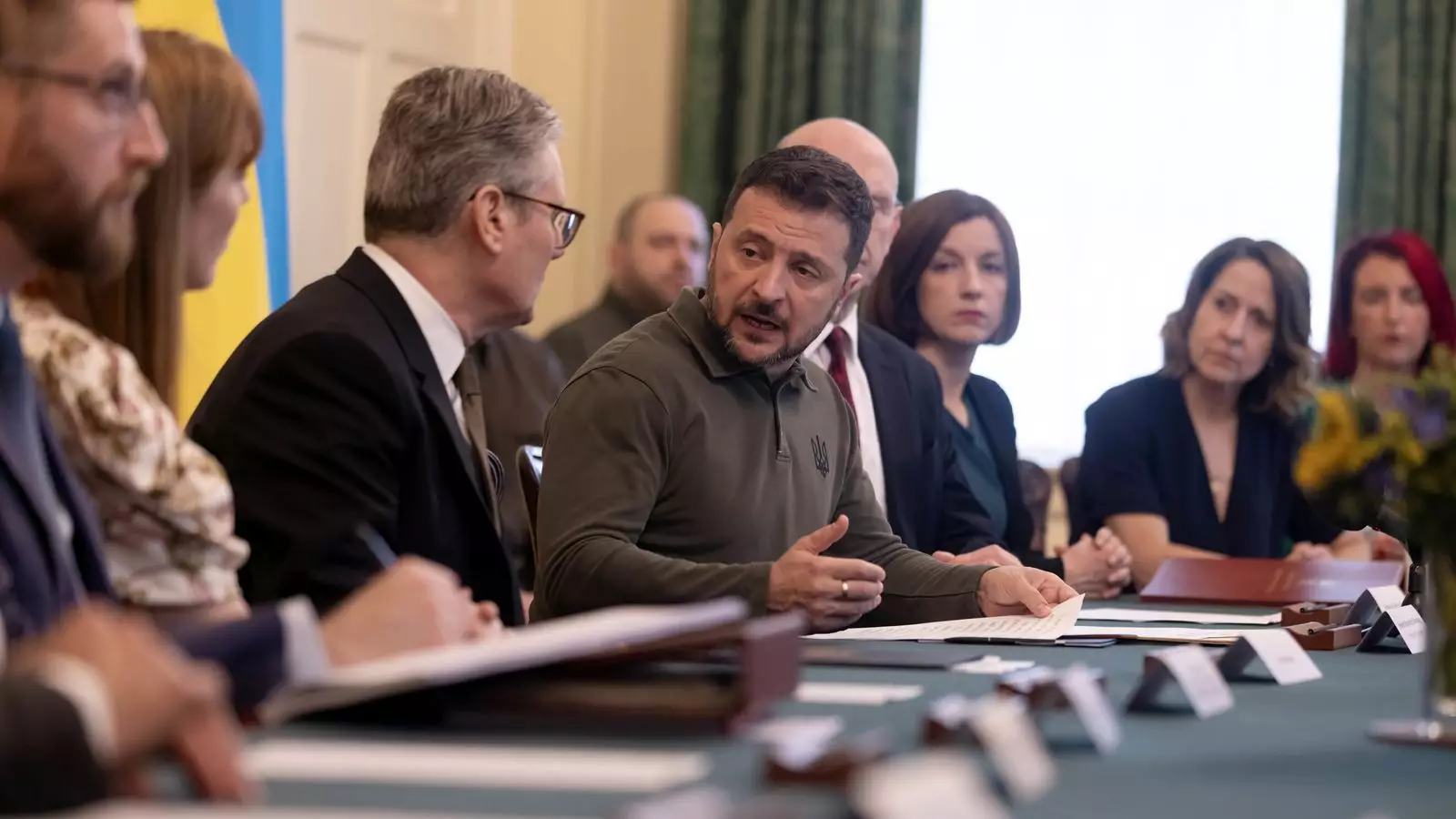In recent discussions within the UK government, a strong consensus has emerged surrounding the urgent need to bolster defence spending. Chancellor of the Exchequer Rachel Reeves, alongside Business Secretary Jonathan Reynolds, has publicly acknowledged the pressing global threats that necessitate enhanced financial investment in the armed forces. Reynolds, speaking on Sky News, articulated that the collective stance of the cabinet is aligned with the recognition of increased military expenditure as essential to national security and prosperity. This acknowledgment is critical, especially in a time characterized by geopolitical uncertainties and escalating tensions globally.
The statement from Reynolds reflects a crucial understanding that national defence cannot merely be an afterthought; rather, it must be at the forefront of governmental priorities. His remarks highlight that all levels of government recognize the current stresses in the world and the corresponding need for a more formidable defence posture.
However, despite this unifying message, there seems to be a significant rift regarding the specifics of funding allocations. Reports suggest internal conflicts between the Chancellor and Prime Minister Sir Keir Starmer, particularly regarding the financial commitment towards defence spending. The debate centers around whether the military’s share of GDP should reach 2.65%—a figure pushed for by military heads, underscoring the urgency tied to global military spending and preparedness.
The Chancellor’s reluctance to provide additional funding this year, coupled with a senior Treasury source’s assertion that a budgetary override is on the table, adds layers of complexity to the decision-making process. Here, the prime minister has a pivotal role, poised to make critical decisions that could redefine the trajectory of the UK’s defence policy.
The urgency of increased defence spending is underscored by recent developments regarding international relations and military dynamics. Notably, the United States, traditionally a key ally in NATO, is reportedly redirecting its focus away from European issues, sparking concerns among NATO members. This shift inevitably raises questions about Europe’s own defence readiness and the implications of relying heavily on US support.
Experts, like Rachel Ellehuus from the Royal United Services Institute, have emphasized the necessity for all NATO members to surpass the 2% spending guideline, advocating for a more robust and innovative approach towards defence capabilities. This calls not only for increased financial investment but also for strategic foresight in addressing conventional and modern warfare requirements.
The upcoming emergency meeting of European leaders, organized by French President Emmanuel Macron, highlights the urgent need to address the instability in Europe, particularly concerning the ongoing conflict in Ukraine. Sir Keir Starmer’s anticipated participation in these discussions signals the UK’s commitment to regional security and stability, asserting its position as a key player in the ongoing diplomatic efforts.
The complexities surrounding the conflict in Ukraine necessitate immediate discussions on how European nations can fortify their collective defence capabilities without over-reliance on American resources. This moment may be pivotal for the UK to reaffirm its leadership role within NATO and European security arrangements.
As the dynamics unfold, two key takeaways emerge from the discourse on defence spending. First, there is an unmistakable collective agreement that enhanced defence spending is essential, driven by an acute assessment of global security challenges. Second, the need for coherent internal strategy among UK leaders cannot be overstated; without alignment on budgetary priorities, the UK risks compromising its security and international standing.
The path forward will likely involve navigating complex political landscapes while advocating for an increased defence budget that adequately meets the UK’s strategic needs. Whether through explicit financial commitments or a reallocation of existing resources, the government must find a way to address these pressing issues head-on, without losing sight of the broader implications for national and regional security. The time for decisive action is now, and the future of the UK’s defence capability depends on it.


Leave a Reply